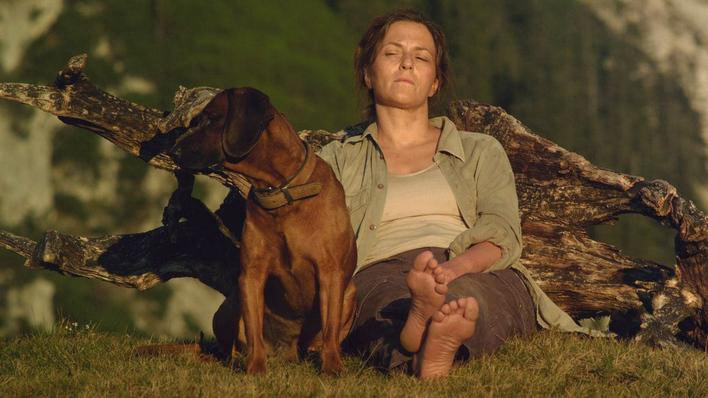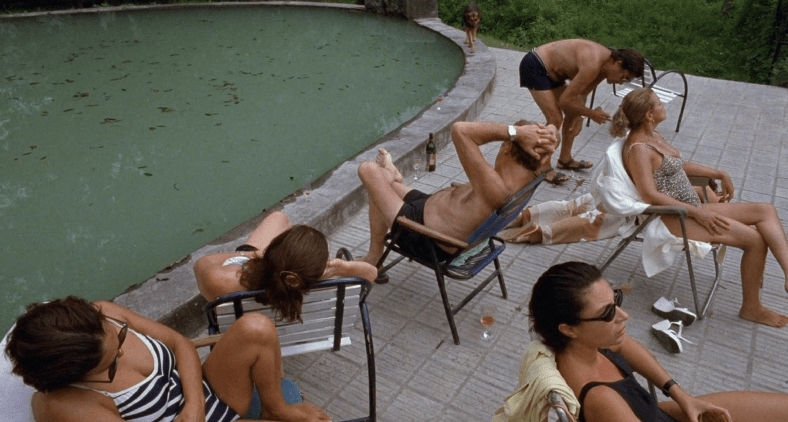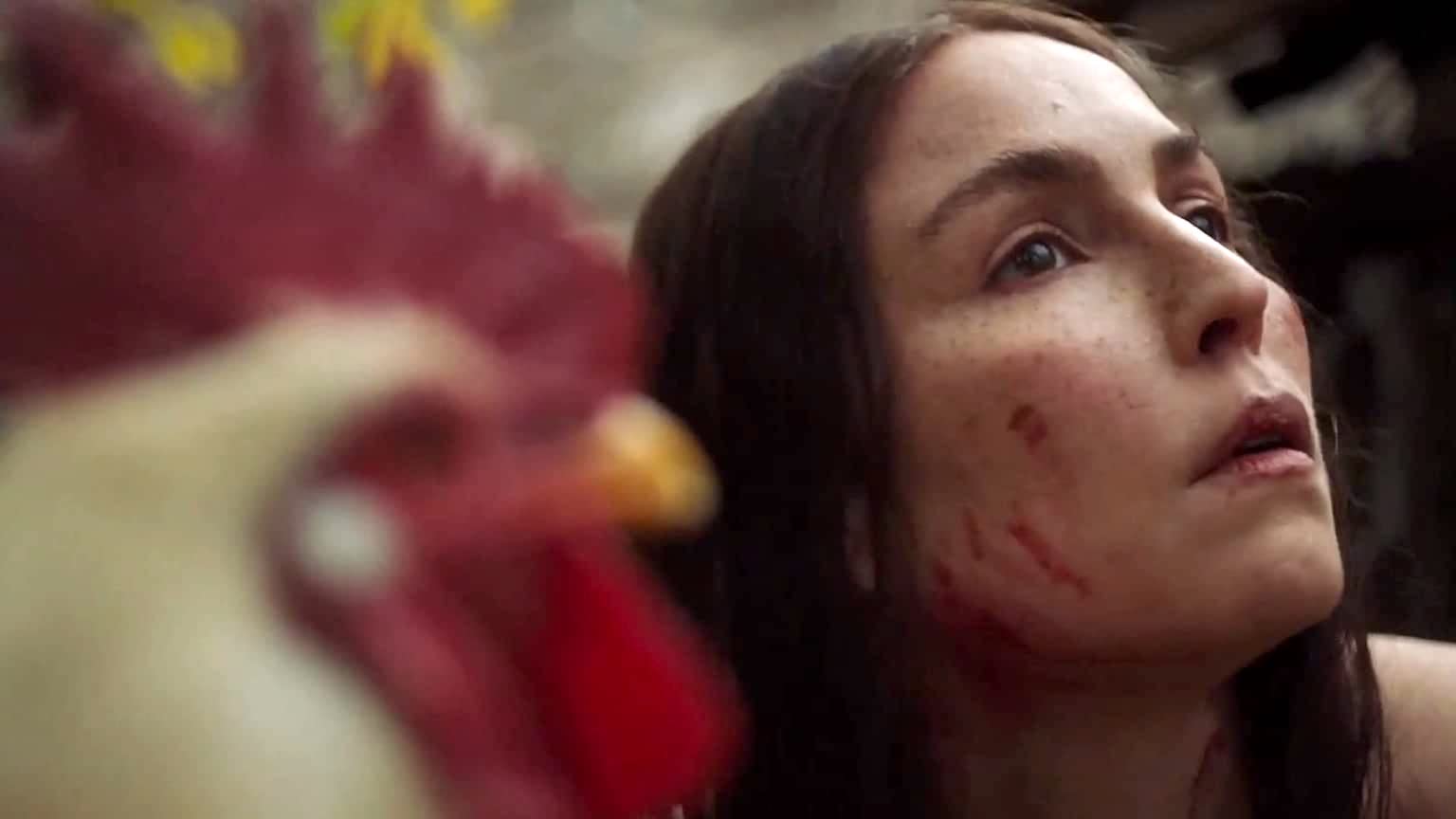
David Lynch made Mulholland Drive in 2001. It was the middle film in a Los Angeles trilogy that also included Lost Highway and Inland Empire. The espresso scene In Mulholland Drive is not integral to the film but it is a wonderfully crafted piece of cinema. One can never be completely sure when it comes to Lynch but the espresso scene seems to be part of a fantasy. It’s a day-dreamed rationalization by an actress who didn’t get a part in the film she felt she deserved. She imagines that the director wanted to choose her but was forced by a Mafia Don to choose someone else.
The scene takes place in a nondescript boardroom. The Don has brought a lawyer to speak for him. The lawyer looks more like a thug than a professional. The Don uses him as a gruff intermediary so the Don won’t have to get his hands dirty. The Don sees himself as above the fray, a man of class and refinement. He and his lawyer sit on one side of the table across from the young director of the film. Sitting next to the director is his agent. At the head of the table are a producer and someone else on the production team. Lastly, there is a waiter who stands near the door.
All of the characters are tinged with stereotype. The handsome, irascible, young director who defends his integrity as an artist. The sycophant manager trying to smooth everything over, the inscrutable Don, and the business-minded producer. These are not fully rendered characters, they are one person’s mental sketch of a scene. It’s part of what gives the entire film a strange dissociative quality.
On top of this uncanny feeling Lynch ads another layer of unreality. The mafia Don reads as a believable character that we recognize but he is really just an amalgam of Hollywood mafia stereotypes. He seems real but only because we recognize him. We “know the type.” The characters exist in a weird limbo between sincere portraits and sardonic parodies.
The scene is a power struggle. Each of the three sides of the table is posturing in hopes of getting the upper hand. Sometimes it’s subtle and sometimes it’s frighteningly direct. Lynch is playing with pastiche as he does in most of his films.
The production people order an espresso for The Don. The production men in suits apologize for what happened “last time” and assure the Don that this time the espresso is coming from a world-renown source. The espresso is brought to him by the waiter and the Don asks for a napkin. Then as if it were a performance of a Zen tea ceremony the Don delicately raises the diminutive cup to his lips. Pinky raised, napkin poised beneath his chin he delicately takes a sip. The scene has been leading up to this last theatrical power play. Will the Don be pleased? Extreme close up reaction shots heighten the anticipation but alas as if he has sipped something indescribably vile he half spits, half vomits the offending espresso into his napkin. This quiet crescendo of the Don’s condescension and displeasure unleashes a boisterous burst of yelling and screaming as all propriety is abandoned and the men almost come to blows.
It’s an exquisite moment where stereotypical tropes about film and the mafia mingle with parody and sincere tension. It all has that Lynchian uncanny air. Played with less irony the scene could have easily been included in Goodfellas or The Sopranos but Lynch shows us the scene “once removed.”
What we see is just one distorted illusion on top of another. We are watching Diane’s daydream that derives, not from her personal experience with production companies and mafia dons, but from the romanticized images of such people she has seen depicted in the media. We are watching a fantasy pieced together from fantasies. On top of that, the fantasy is a self-serving rationalization. It is not a free-floating dream, but a carefully constructed excuse to explain Diane’s disappointment.
The end result is that the point of view is thoroughly muddied. We are never sure whose eyes we are looking through, even when we are looking through our own. Our point of view is meant to be the baseline reality but we end up in an unpredictable nesting doll of possibilities.

If you enjoyed this article click here for more
www.filmofileshideout.com/archives/three-movements-three-adjectives-surreal-absurd-magic-realist



